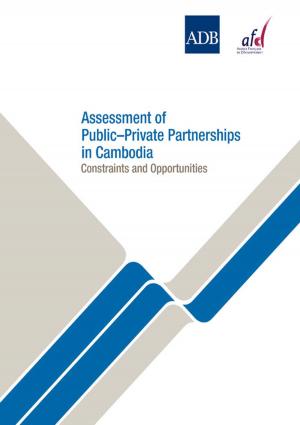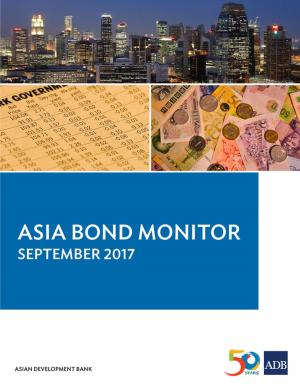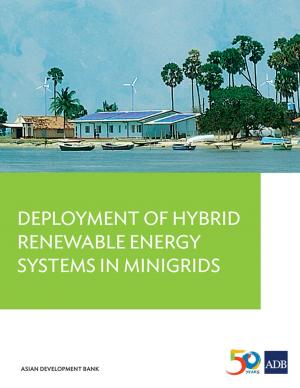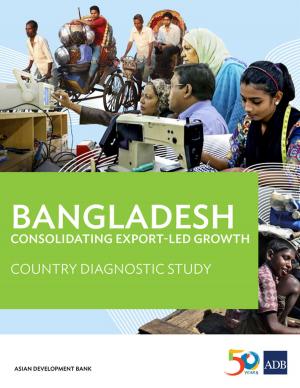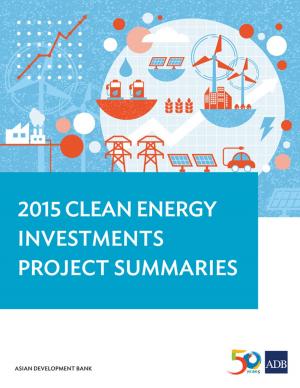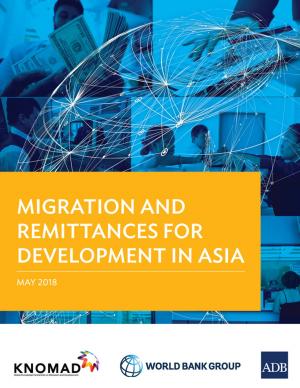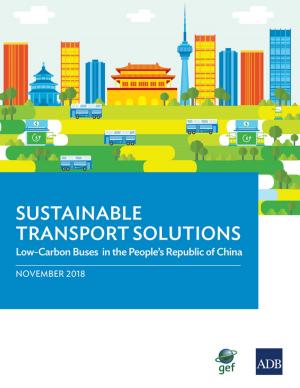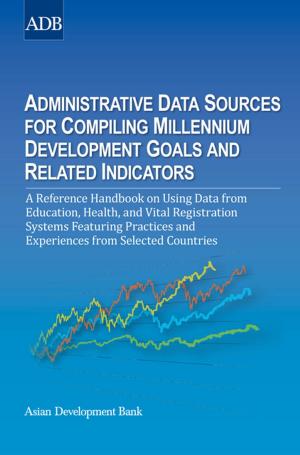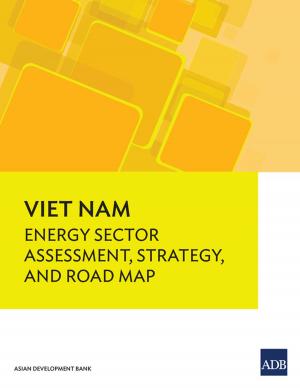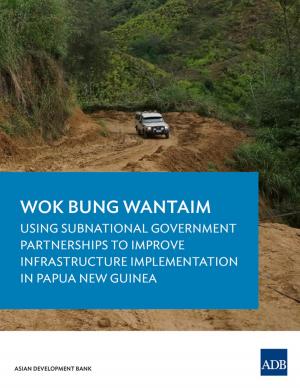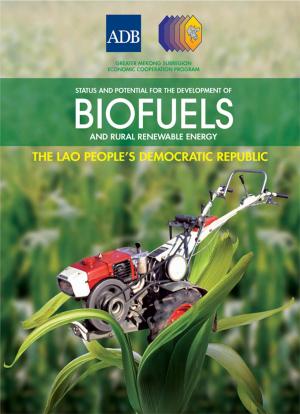Assessment of Power Sector Reforms in Georgia
Country Report
Business & Finance, Industries & Professions, Industries, Nonfiction, Social & Cultural Studies, Political Science| Author: | Asian Development Bank | ISBN: | 9789292549985 |
| Publisher: | Asian Development Bank | Publication: | July 1, 2015 |
| Imprint: | Asian Development Bank | Language: | English |
| Author: | Asian Development Bank |
| ISBN: | 9789292549985 |
| Publisher: | Asian Development Bank |
| Publication: | July 1, 2015 |
| Imprint: | Asian Development Bank |
| Language: | English |
Reforms pursued by Georgia in recent years have made its power sector commercially viable as well as more efficient and reliable. Now unbundled and largely privatized, the former state monopoly has developed an operational wholesale market and has made great progress in making its operations and system pricing more efficient. However, it still lacks independent regulatory competence and pricing transparency, and it remains vulnerable to external supply shocks, having to balance shortfalls in domestic hydropower generation with fuel imports for its power stations and with gas imports for its thermal plants. This country report assesses the reform efforts and experiences of Georgia’s power sector for lessons and insights that other economies could find useful in their own power sector planning and policy and strategy formulation.
Reforms pursued by Georgia in recent years have made its power sector commercially viable as well as more efficient and reliable. Now unbundled and largely privatized, the former state monopoly has developed an operational wholesale market and has made great progress in making its operations and system pricing more efficient. However, it still lacks independent regulatory competence and pricing transparency, and it remains vulnerable to external supply shocks, having to balance shortfalls in domestic hydropower generation with fuel imports for its power stations and with gas imports for its thermal plants. This country report assesses the reform efforts and experiences of Georgia’s power sector for lessons and insights that other economies could find useful in their own power sector planning and policy and strategy formulation.


